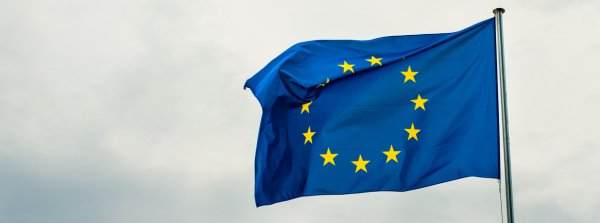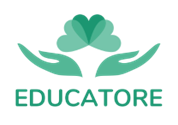Mid-Term International Conference of The Research Network 10 (Sociology of Education) of the European Sociological Association is joining forces with the Institute of Political Studies of the Polish Academy of Sciences and Maria Grzegorzewska University in Warsaw, the Faculty of Education and the UNESCO Janusz Korczak Chair in Social Pedagogy, to organise the International Mid-term ESA RN 10 Conference on 21-22nd of September 2023.
The eruption of the global COVID-19 pandemic, war in Ukraine, economic crisis, unrest in many areas of the globe has dramatically deepened social differences in educational opportunities, a topic since the 1970s central to the Sociology of Education. Revealing the mechanisms of social reproduction in educational systems remains an important endeavour for sociologists of education.
We would like to use the lens of sociology of education to discuss quality vs. equity, to discuss quality of outcomes vs. wellbeing. We invite contributors from education, sociology of education and political sciences to present their research findings and their theoretical contributions to look at education systems, education policies, educational praxis and environmental considerations around access and quality.
The educational environments can include both formal and informal settings, lifelong learning, self-study, adult education, third-age, but also infant communication and attachment, not narrowing the discussion to any particular age group or any particular environment, as we believe education happens through the life time and occurs in every social context.
We are particularly interested in research that pinpoints how to enhance wellbeing, resilience and motivation to create more inclusive, high-quality education. We are also interested in obstacles and challenges that stand in the way. We welcome researchers that tackle newly emerged phenomenon, such as post-Covid19 crisis, economic crisis, with new conflicts and wars emerging across the globe, the genocide still occurring and human rights being so very fragile in too many places in the world. We would also like to welcome research that discusses educational realities to support learners and their peers in the everyday struggles. We hope that some of the conference outcomes will translate into fostering the wellbeing and resilience of children, youths drawing from the innovative, reflective mindsets of the educators, whose wellbeing and mindfulness will cascade to the end-beneficiaries. By doing this we will also contribute to reinforcing inclusive educational ecosystems; foster inter‐university cooperation and internationalization efforts; strengthen consultation and communication mechanisms between educational institutions and countries and enhance the role of universities in producing research and enabling the circulation of knowledge to foster pedagogical innovation in a post-covid scenario.
Some research suggests that wellbeing is the foundation, the cornerstone for achievement and positive socio-educational outcomes. However, it remains open to interpretation if the policy and praxis sustainably fosters access and inclusion without hindering excellence and the potential for high quality education and for high quality outcomes.
In this conference we want to ask ourselves a question:
What is truly possible and desirable – the equality of opportunity or the equality of outcome? Are the policy postulates truly implemented in terms of high-quality inclusive education. What does inclusive education mean? How can it be achieved? Is it supporting individuals to flourish to the top of their availability? What does it mean to the general wellbeing and resilience of individuals and social groups? What does it mean for talent cultivation vs. failure to thrive in the system? How does it affect our future and the future of our society?
We would like to invite researchers interested in sociology of education, in educational policy, in the issues of social inclusion and exclusion within and throughout the education systems and the policy to join us and share their research.
The conference will be a 2-day event with an extra workshops' session for early-stage researchers on the day prior to the conference.
Registration closes 01.03.2023. All abstracts are subject to peer-review.
To foster social inclusion and to reduce costs to participants we will only charge a fee enabling us to provide refreshments and lunch vouchers for conference participants.
Non-members:
50 euro for participants from A cat. economies (according to OECD classification), who are not RN10 members
25 euro for B, C economies who are not RN10 members
RN 10 ESA members:
30 euro for A cat. participants who are RN10 members
10 euro for B, C cat. participants who are RN10 members
The fee is the same for both active and passive participants, who will all obtain a certificate of attendance. Presenters will receive confirmation of their presentation certificate.
Register here: Wellbeing and Resilience in Times of Crisis
 PL
PL






